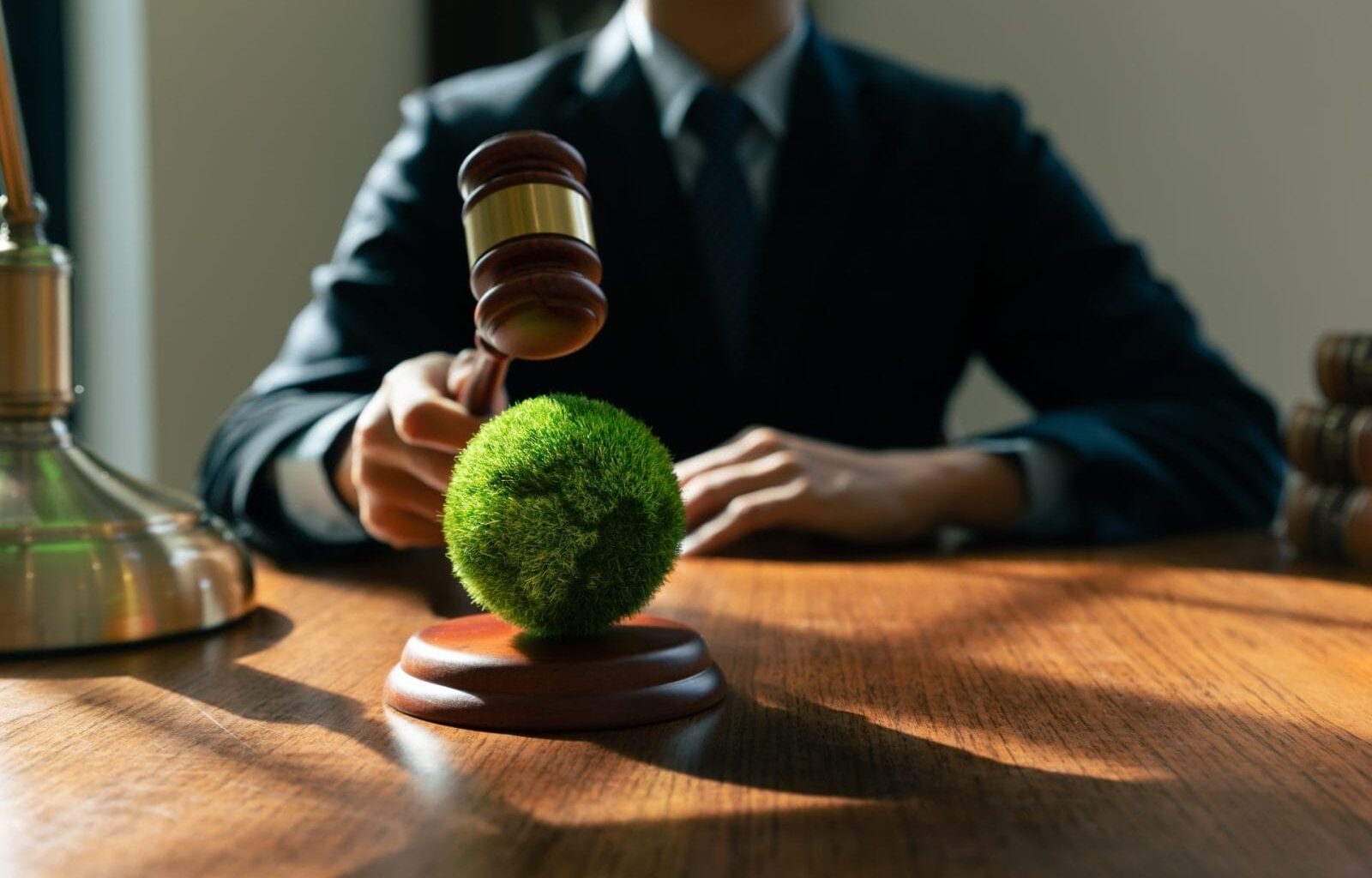All eyes are on Vermont, where courts are weighing whether taxpayers or fossil fuel companies should foot the bill for the worsening costs of Climate change. Amid record-breaking floods and rising temperatures, the state has become the first in the U.S. to test a “climate superfund” law that would force polluters to pay for the damage they helped cause. According to The Boston Globe, the stakes couldn’t be higher — not just for Vermont, but for the entire country.
Vermont’s landmark law, modeled after the federal Superfund program, requires major oil and gas companies to pay for their historical contribution to environmental disasters. It’s a simple principle: if you make a mess, you clean it up. Supporters say the policy represents long-overdue fairness for taxpayers who’ve borne the cost of billion-dollar floods and other climate damages. The funds raised would Support adaptation projects — from restoring wetlands to strengthening infrastructure against extreme weather.
Predictably, the fossil fuel industry and its allies have pushed back hard. The U.S. Chamber of Commerce and American Petroleum Institute have filed lawsuits, claiming the state overstepped its authority. Even the U.S. Department of Justice under the Trump administration has joined the fight — arguing that only the federal government can regulate greenhouse gas emissions. Critics call this move hypocritical, given ongoing efforts to roll back science-based climate protections.
Vermont’s approach relies on “attribution science,” a growing field that directly links specific emissions to measurable damages. A Dartmouth College study found that emissions from companies like Chevron likely caused trillions in global heat-related losses, strengthening the legal case for accountability.
If Vermont succeeds, other states like Massachusetts and Maine are poised to follow. The lawsuits could eventually reach the Supreme Court, shaping the national precedent for climate accountability.
Ultimately, Vermont’s effort is a reminder that caring for the Earth isn’t just about prevention — it’s about justice. Holding major polluters accountable is key to protecting both communities and the planet we share.
Sign These Petitions!
Please sign our latest and most urgent petitions to help the planet. Every signature counts!
Related Content:
Easy Ways to Help the Planet:
Eat Less Meat: Download Food Monster, the largest plant-based Recipe app on the App Store, to help reduce your environmental footprint, save animals and get healthy. You can also buy a hard or soft copy of our favorite vegan cookbooks.
Adopt-a-Pet: Visit WildWatchers, a watchdog platform specifically designed for animal, earth, and wildlife warriors to actively give back, rescue, and protect animals and the planet.
Reduce Your Fast Fashion Footprint: Stand against fast fashion Pollution by supporting circular brands like Tiny Rescue, which create cause-based collections using recycled, zero-waste clothing designed to be returned and remade, ensuring it never ends up in a landfill.
Shop Sustainably for Your Home: Visit SustaiNOBLE.org, an eco-friendly and ethically sourced home decor store that will empower your home with luxurious fair-trade, and sustainable products made by global artisans.
Support Independent Media: Being publicly funded gives us a greater chance to continue providing you with high-quality content. Please consider supporting us by donating!
Sign a Petition: Your voice matters! Help turn petitions into victories by signing the latest list of must-sign petitions to help people, animals, and the planet.
Stay Informed: Keep up with the latest news and important stories involving animals, the environment, sustainable living, food, health, and human interest topics by subscribing to our newsletter!
Do What You Can: Reduce waste, plant trees, eat local, travel responsibly, reuse stuff, say no to single-use plastics, recycle, vote smart, switch to cold water laundry, divest from fossil fuels, save water, shop wisely, Donate if you can, grow your food, volunteer, conserve energy, compost, and don’t forget about the microplastics and microbeads lurking in common household and personal care products!
